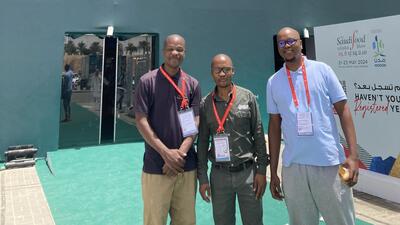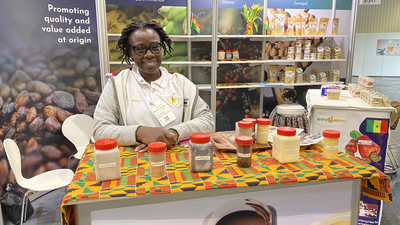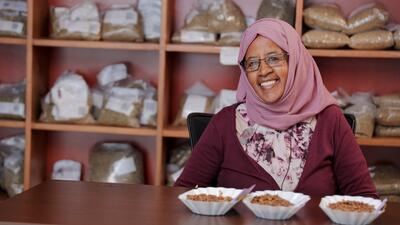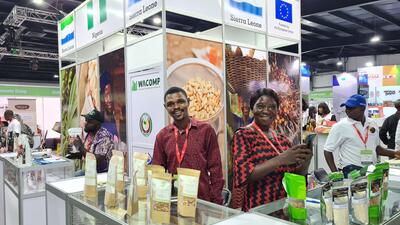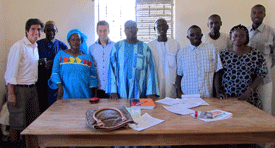
Improving best practices in Senegal’s mango industry
How to promote best contractual practices between actors in Senegal's mango industry was the main topic of an ITC question-and-answer session held in Dakar on 30 May.
Poor profit margins for mango exporters — and in the country’s agricultural sales generally — can partly be blamed on a increasing tendency to leave commercial and contractual activities to intermediaries and other agents better positioned in the high-end market. This, however, reduces profitability for producers and raises exporters' risks of having payment problems.
The session outlined existing best practices and emphasised the importance of a dialogue within the sector on concerted commercial-export practices and acceptable risks in contract-oriented agro-business, particularly for consignment selling. Developing mechanisms to link export-sale contracts with banks and other financial institutions was deemed a priority, and existing strategies were presented to exporters. Stakeholders also discussed dispute resolution and quality inspections, which they said were among their main concerns.
As a result of the 30 May session, ITC will assist in developing two model contracts for Senegal’s mango industry — one at the local level and the other at the export level.
In cooperation with the Senegalese Export Promotion Agency (ASEPEX) and the Representative Organization of the Horticultural Sector (CEFHAS), Mehdi Chaker, Project Manager of the NTFII Senegal programme, and Alexander Riveros, ITC Associate Legal Expert, have identified the needs of two producer groups in the Niayes region — Bio Niyaes and Coprofel — that will form part of a pilot scheme to improve mango export opportunities.
The scheme will be tailored to meet the specific needs of the two groups by giving them the legal status of ‘cooperatives’ and ensure that they profit from the technical knowledge of the NTFII programme.
ITC’s methodology is based on a comprehensive organisational assessment on how to select the appropriate business model in the right business environment vis-a-vis exports. The assessment and assistance-support services are delivered through a technical programme comprising legal review, business administration and financial-management capabilities.
Depending on the identified needs, ITC then provides technical support to producer organisations in their certification process, management of quality-requirement, and packaging, to help them structure better their focus on the export market.




